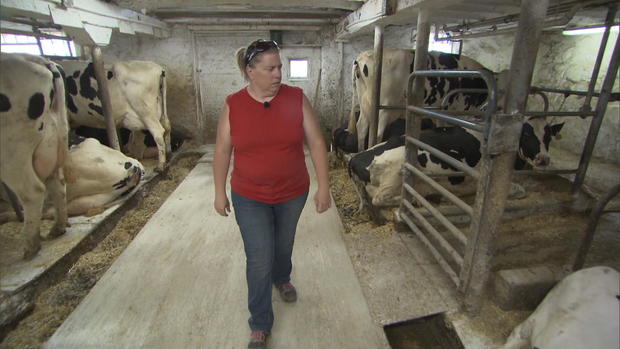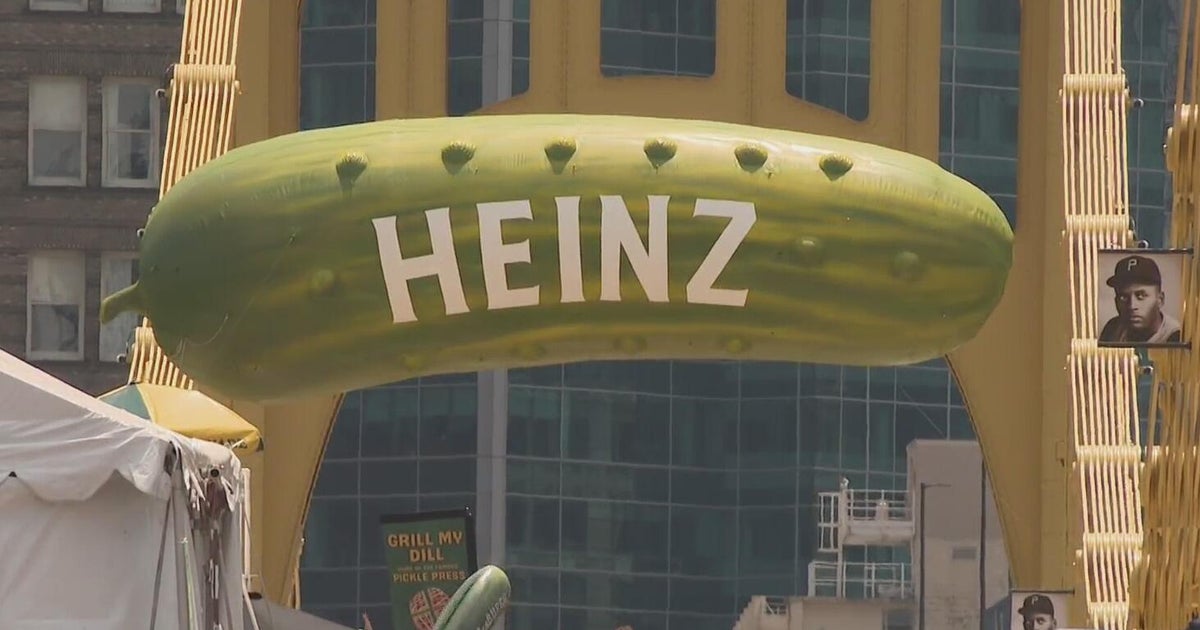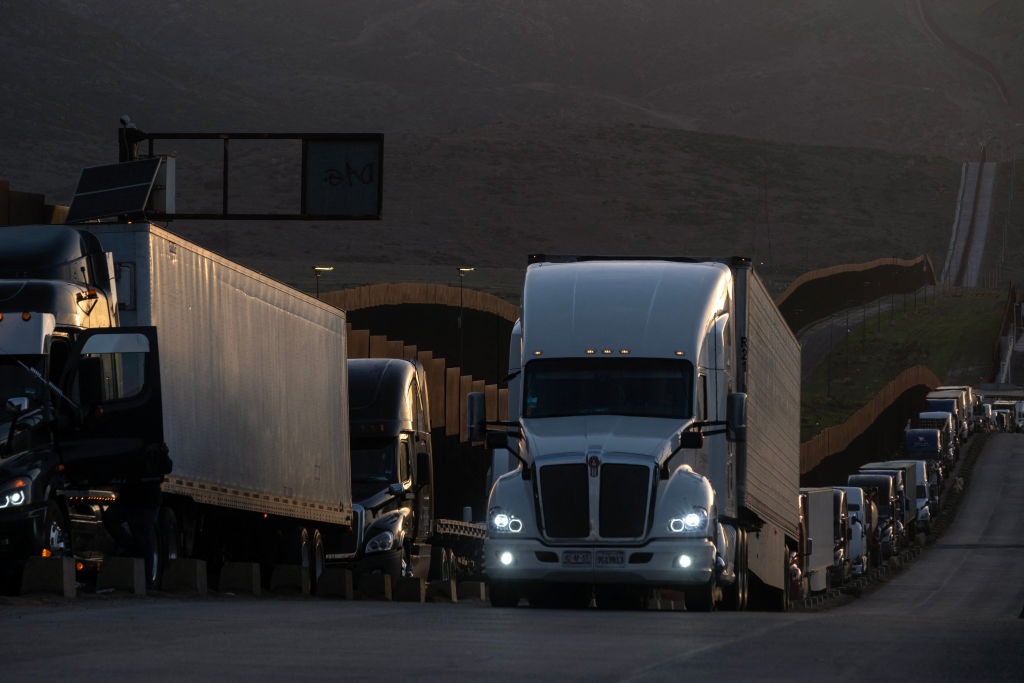China-U.S. tariffs: Wisconsin cheese industry hopes Trump has strategy in trade disputes
PLYMOUTH, Wisc. -- At the Sartori Cheese plant, turning humble curds into Parmesan, cheddar and other table favorites is a thing to behold. But these days, in addition to dipping their 20-pound wheels into wine or hand-rubbing them with pepper, an unwanted ingredient is being added to their business: tariffs.
After midnight Eastern Time on Friday, the U.S. imposed tariffs on $34 billion worth of Chinese goods, and now the cheese industry is caught in the crossfire of U.S. trade disputes with other countries. China is expected to implement new retaliatory tariffs on the U.S. cheese industry and other sectors. The U.S. Chamber of Commerce says retaliatory tariffs against the U.S. threaten about a billion dollars of Wisconsin's exports, which include cheese.
"The president is focused on helping protect American workers and American industries and create a fair playing field," White House Press Secretary Sarah Huckabee Sanders said Monday.
That's fine, said Jeff Schwager, president of Sartori Company – but tariffs are the wrong way to reach that goal. Twelve percent of his company's business involves exports.
"I have yet to find an example where tariffs have worked for the long term good of the country that first imposes them," Schwager told CBS News correspondent Dean Reynolds.
The president's protectionist moves have prompted U.S. trading partners to retaliate with tariffs of their own on such Wisconsin exports as cranberries, apples and Harley Davidson motorcycles.
American cheese is more expensive to buy now in Mexico and Canada, Sartori's two biggest foreign markets. U.S. dairy exports totaled $5.5 billion last year, including $1.3 billion to Mexico alone.
Schwager estimated the new tariffs will cut around $40 million from the company's $265 million annual cheese sales.
"If this is going to go on long term, the customers down there will look for an alternative product without the tariffs on it," Schwager said.
Overproduction has already created a glut of milk on the market, driving down dairy prices and threatening some of the 130 family farms on which Sartori relies. Stacy Limberg, who has 75 cows, said it's not a great time to be a dairy farmer.
"We don't make a lot of money. We're not really making any money at this point in time," Limberg said.
The Limberg farm produces about 5,000 pounds of milk every day. You can't just snap your fingers and stop that flow. These are animals, after all.
"We don't know, are the companies eventually going to put a limit on how much we can produce per day, how much we can ship per day? That's a big 'if,'" Limberg said.
She voted for Mr. Trump but wonders why he made trade such a big deal.
"Do you think he created an issue that wasn't really an issue from your point of view?" Reynolds asked.
"Right now, yes. In hindsight, yes," Limberg said.
She hopes this may just be a negotiating ploy by the president, and so does Schwager.
"I don't know that it's a bluff, but I sure hope there's a strategy behind this," Schwager said.




